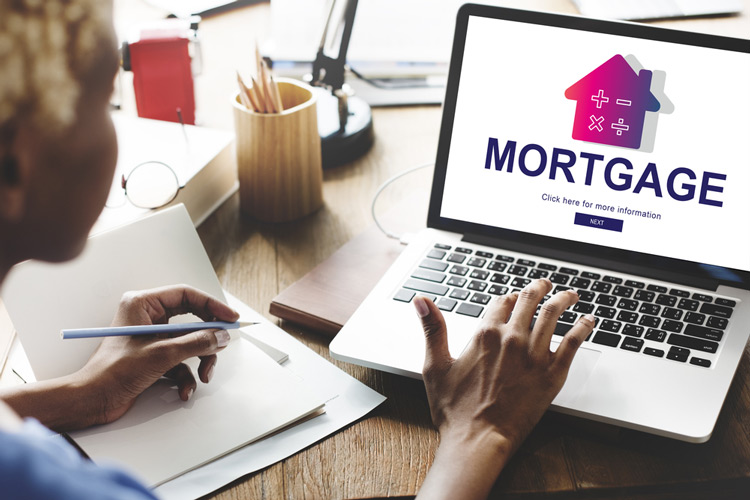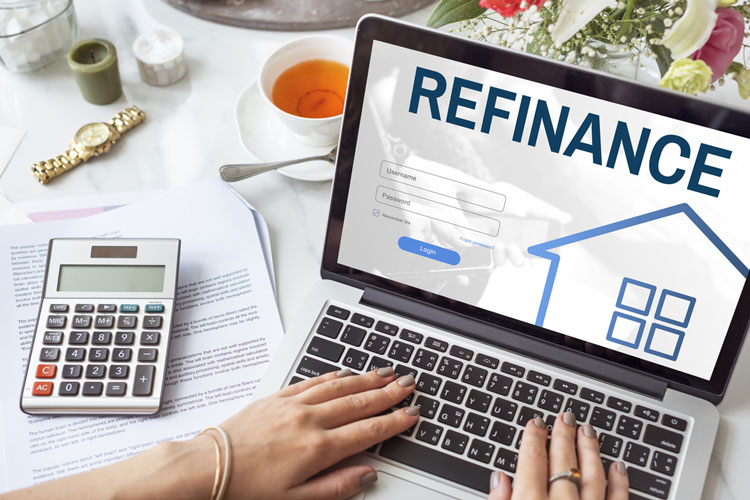Mortgage Rate Lock: When to Lock In a Rate. Buying a home can be a stressful process, especially when it’s your first time. When you’re looking for a mortgage to help pay for your home, there are many things to consider. Mortgage rates are constantly shifting, and you need to keep an eye on them to ensure you get the best rate.
When you want to ensure that you’re getting the best rate, you have to lock in a rate before it’s too late. Here is what you should know about mortgage rate locks:
What’s A Mortgage Rate Lock?
A mortgage rate lock is when a lender offers to guarantee the interest rate on your home mortgage for a fixed period. While the lender may ask for a fee for doing so, it can vary depending on the lender you are working with.
The lock period generally starts from the time you begin the process for the loan all the way to the time you end up closing on the loan. Once your interest rate is fixed, it won’t be changed unless you end up changing crucial details on your application form.
When Is The Best Time to Lock In A Rate?
If you’ve already begun the process of looking around for good lenders in South Florida, you might already be at the stage to lock in a lender. When you’ve compared a few mortgage interest rates, contact the lender who offers you the best conditions and interest rates.
Once approved for a home loan, you can lock in a rate with your desired lender. While you can wait and see if the mortgage rate goes down, this can be both a waste of time and money. The rates fluctuate, and trying to predict them can take more effort than it’s worth without conclusive results.
Does It Cost To Get A Rate Lock?
Depending on your lender, you might be charged for a rate lock, or it can be free. Ensure that you ask beforehand so you are not blind-sighted by any unexpected fees. If you end up paying for a rate lock, it can be dependent on the amount of your loan and the prevailing interest rate.
You should be aware that rate locks can last up to 30 days in most cases; if you plan to take longer than that to complete your mortgage process, you should talk to your lender.
Consulting With An Expert
When you’re thinking about locking in a rate, you need to take guidance from a lender on the best way to do so. There are some risks associated with locking in a rate that you might not be aware of, and a reliable lender can help you through the process while making sure you’re aware.
Looking to Lock In Your mortgage rate lock? We’re Here to Help
If you’re shopping around for the best mortgage rates in South Florida, Pacific Lending Group can help. Our years of experience and excellence ensure that you never make a wrong decision regarding your home mortgage. Our mortgage professionals can guide you through the process, so you never have to second-guess yourself. Call us today at 954-227-4727 to schedule an appointment and get started with your home mortgage process.



